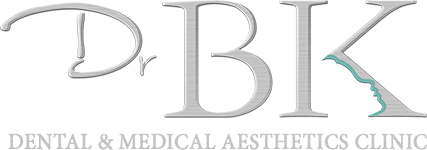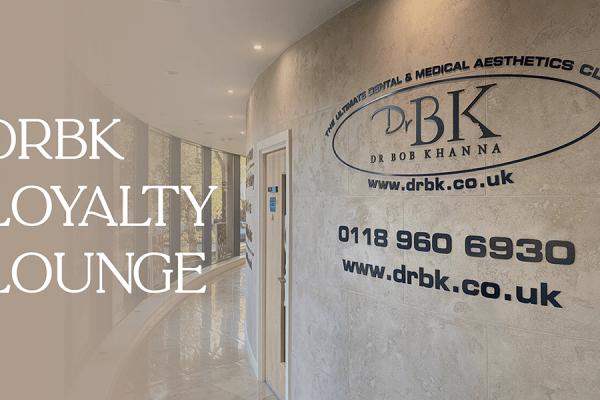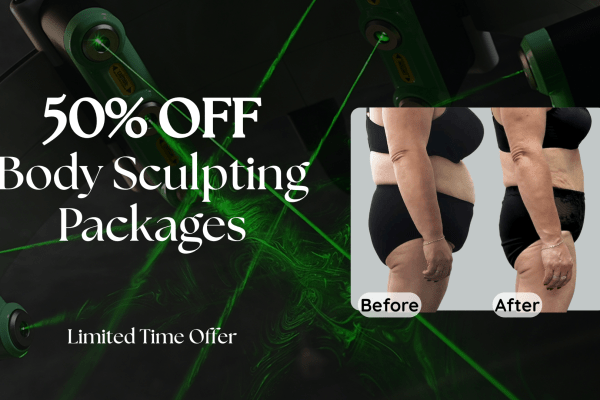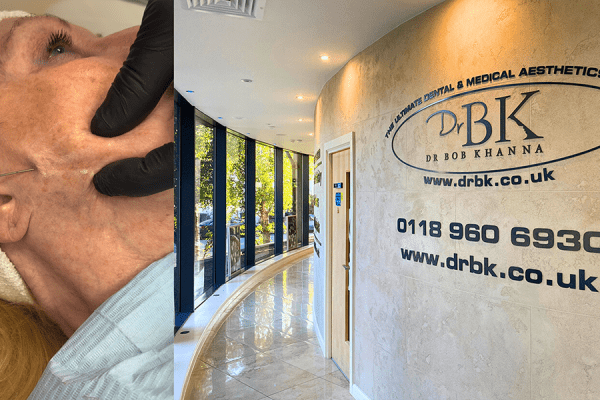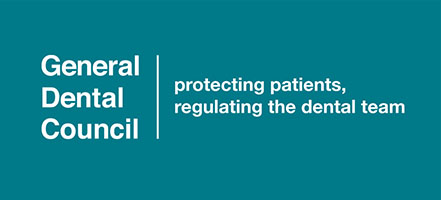What is stress doing to your teeth and health?
Posted on: April 5, 2021
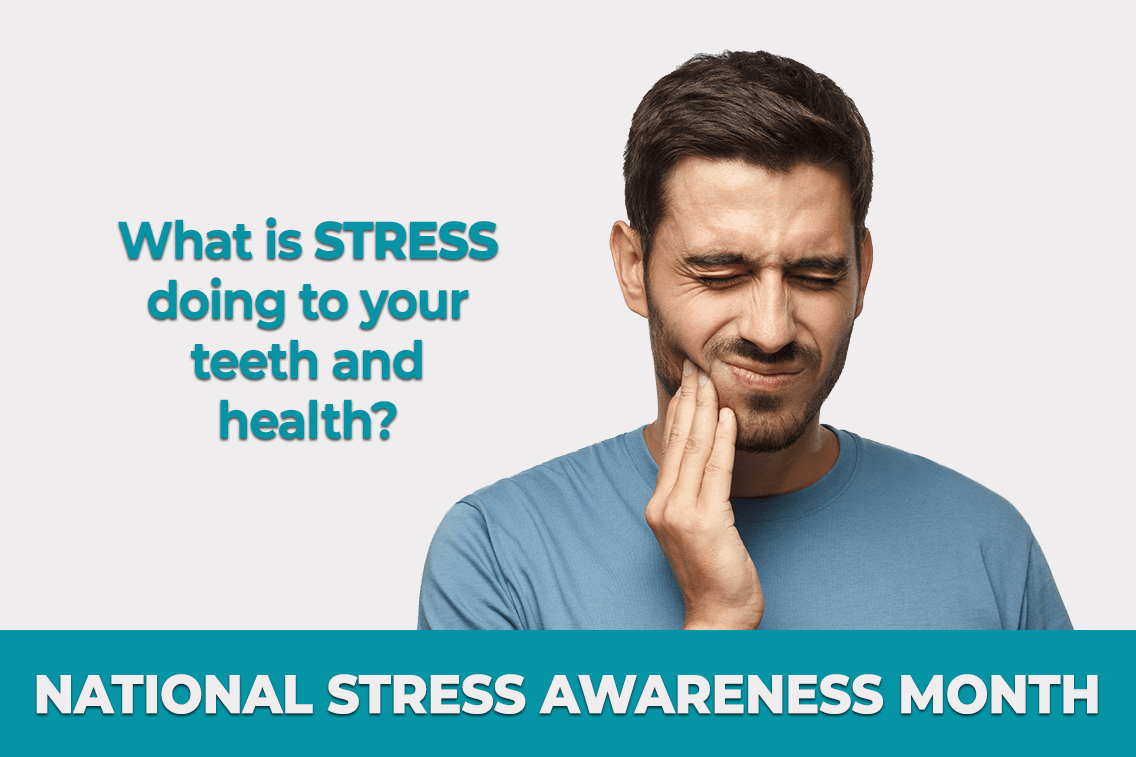
What is stress doing to your teeth and health?
Stress: The Symptoms and Treatments
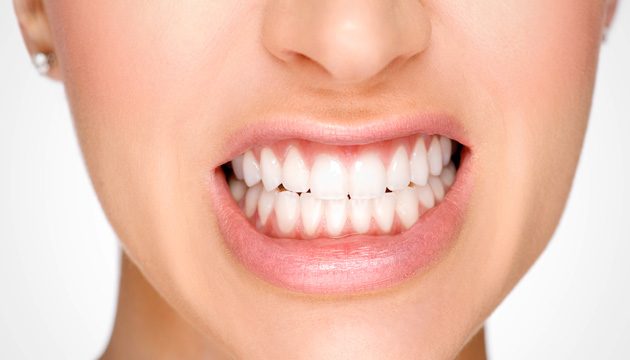
Do you…
Grind your teeth? Suffer from headaches? Jawaches? Even neck or back pain?
If you answered yes to any of the above, then keep reading, this one’s for you…
If you find yourself under stress a lot of the time, you may not notice all of the effects that it has on your body. We can feel irritable, tired, and sometimes even emotional. However there are many other issues that you may not realise are caused by your stress, so we’re here to help you first and foremost understand the symptoms, and then deal with them with effective treatments.
It is estimated by the Bruxism Association that 10% of the UK population suffer with tooth grinding habits*(1), (also known as bruxism). However, 1 in 7 adults in the UK report suffering with grinding-related issues, such as; headaches, jaw clicking or neck pain. A number of studies have shown a relationship between TMJ related disorders and bruxism*(2). So, whether you grind your teeth during your sleep, while you’re awake, or round the clock, a lot of the time you won’t even realise you’re doing it, leaving many people unaware that their problem starts with their tooth grinding.
But what’s the number one cause for tooth grinding and its subsequent symptoms? You guessed it… Stress!*(3)
April is National Stress Awareness Month and we’re raising awareness of the effects that stress can have on both the appearance and functionality of our teeth and surrounding facial muscles, and what treatments are available to tackle this.
Symptoms of teeth grinding include:
Appearance
- The edges of your teeth becoming more worn and ‘blunt’-looking.
- Teeth can start to crack and break.
- Persistent grinding can alter the shape of the teeth and your bite, which can change the shape of your face.
- Overworked jaw muscles, causing a wider, squarer-shaped jaw.
Functionality
- Worn down teeth and enamel makes teeth more likely to be sensitive to cold/hot foods & temperatures.
- Overworked muscles cause a lot of tension and painful aches in the jaw (TMJD) which leads to other related aches.
- Persistent headaches, earaches, back and/or neck aches
- Muscles will feel more stiff (in your face, neck and/or shoulders).
- Sleep disturbance both for yourself and also for your partner.
Are you suffering from any of the symptoms listed above?
At DrBK We offer effective treatment through a combination of treatments and techniques.
The traditional way is to use a specially designed splint which is worn in the mouth every night. This not only protects your teeth but also is designed and custom made to help relieve your symptoms. However, during your consultation at DrBK, we will look at not only the teeth and how you bite, but also the muscles around the jaw, neck and shoulders. If you are someone who suffers from persistent pain in these areas, if necessary, we are able to treat affected areas with an injection to relax the muscles and relieve the pain.
Through this holistic approach, we are able to not only target the over-worked muscles to relieve your pain, but also correct the long-term issue by determining and correcting any contributing dental issues, giving you one less thing to worry about!
Hear first-hand what patients who have had this treatment have to say…
“I have no more symptoms… No pain, my jaw doesn’t click anymore. It was amazing”
– Sophie (Severe jaw & head pain)
“Great treatment. I’m so pleased. If you are suffering things like this, there is a solution… Professor Khanna is the person to come and see. Thank you so much”
– Dr Reena Irvin (Severe headaches & back pain)
Why suffer? Book your consultation today →
*Research and references:
(2) Fernandes G; Franco AL; Siquiera JT; Gonçalves DA; Camparis CM; Sleep bruxism increases the risk for painful temporomandibular disorder, depression and non-specific physical symptoms. J Oral Rehabil. Vol. 39, No 7, pg. 538-44, 2012.
Manfredini D; Cantini E; Romagnoli M; Bosco M; Prevalence of bruxism in patients with different research diagnostic criteria for temporomandibular disorders (RMC/TMD) Cranio, Vol. 21, No. 4, pg. 279-285, 2003.
Trenouth MJ; The relationship between bruxism and temporomandibular joint dysfunction as shown by computer analysis of nocturnal tooth contact patterns, J Oral Rehabil, Vol. 6, No. 1, pg. 81-87, 1979.
Manfredini D; Winocur E; Guarda-Nardini L; Lobbezoo F; Self-reported bruxism and temporomandibular disorders: findings from two specialised centres. J Oral Rehabil., Vol. 39, No. 5, pg. 319-25, 2012.
